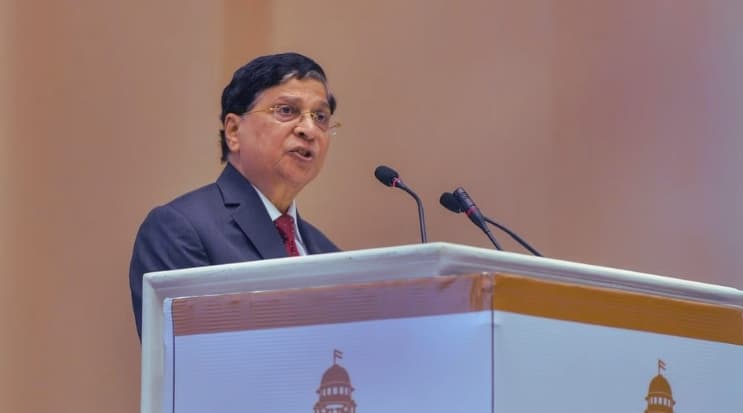
Singapore Supreme Court Strikes Down Arbitral Award for Copy-Paste Violations
Nearly 50% of the Award Presided Over by Former Indian CJI Dipak Misra Found to be Copied, Raising Concerns Over Due Process in Arbitration
Tribunal's Integrity Questioned in Landmark Decision
In a striking ruling, the Singapore Supreme Court has set aside an arbitral award after determining that nearly half of it was directly copy-pasted from previous rulings. The tribunal was chaired by former Chief Justice of India Dipak Misra, alongside two other arbitrators.
This development has triggered widespread debate within international law and arbitration circles regarding due process, neutrality, and the responsibility of arbitrators to maintain independence across proceedings.
Copy-Paste Content Undermined the Arbitration Process
The appeal court, led by Chief Justice Sundaresh Menon and Justice Steven Chong, found that 212 out of 451 paragraphs were nearly identical to two previous awards issued in similar disputes, also chaired by Justice Misra. The court ruled that the arbitral award failed to independently consider the arguments and evidence specific to the case in question.
This judicial intervention marks a rare instance where the top court has overturned an international arbitration award due to concerns over procedural fairness.
Legal Impact: What This Means for International Arbitration
The ruling highlights the need for transparency, original reasoning, and careful evaluation in arbitration awards, especially when multiple cases involve overlapping issues.
Legal observers assert that this case will likely influence how tribunals are formed and managed in future cross-border disputes. The Singapore Supreme Court’s message is clear: cut-and-paste practices in arbitration can amount to a breach of natural justice, invalidating the entire decision.
Commentary from NYK Law Firm
A senior dispute resolution lawyer from NYK Law Firm shared:
“This ruling sends a powerful signal to the global arbitration community. Every arbitral award must reflect an independent analysis. Arbitrators must guard against any semblance of bias or repetition that compromises justice. The court’s stance reaffirms the importance of tailored reasoning and fair procedure—especially when the parties have no access to related awards.”
Conclusion: A Turning Point for Legal Ethics in Arbitration
The Singapore Supreme Court’s decision may serve as a precedent-setting moment in international arbitration, reinforcing ethical and procedural expectations. It not only protects the rights of disputing parties but also fortifies the credibility of arbitration as a neutral and fair system of justice.
For any enquiries or information, contact info@thelawreporters.com or call us on +971 52 644 3004. Follow The Law Reporters on WhatsApp Channels